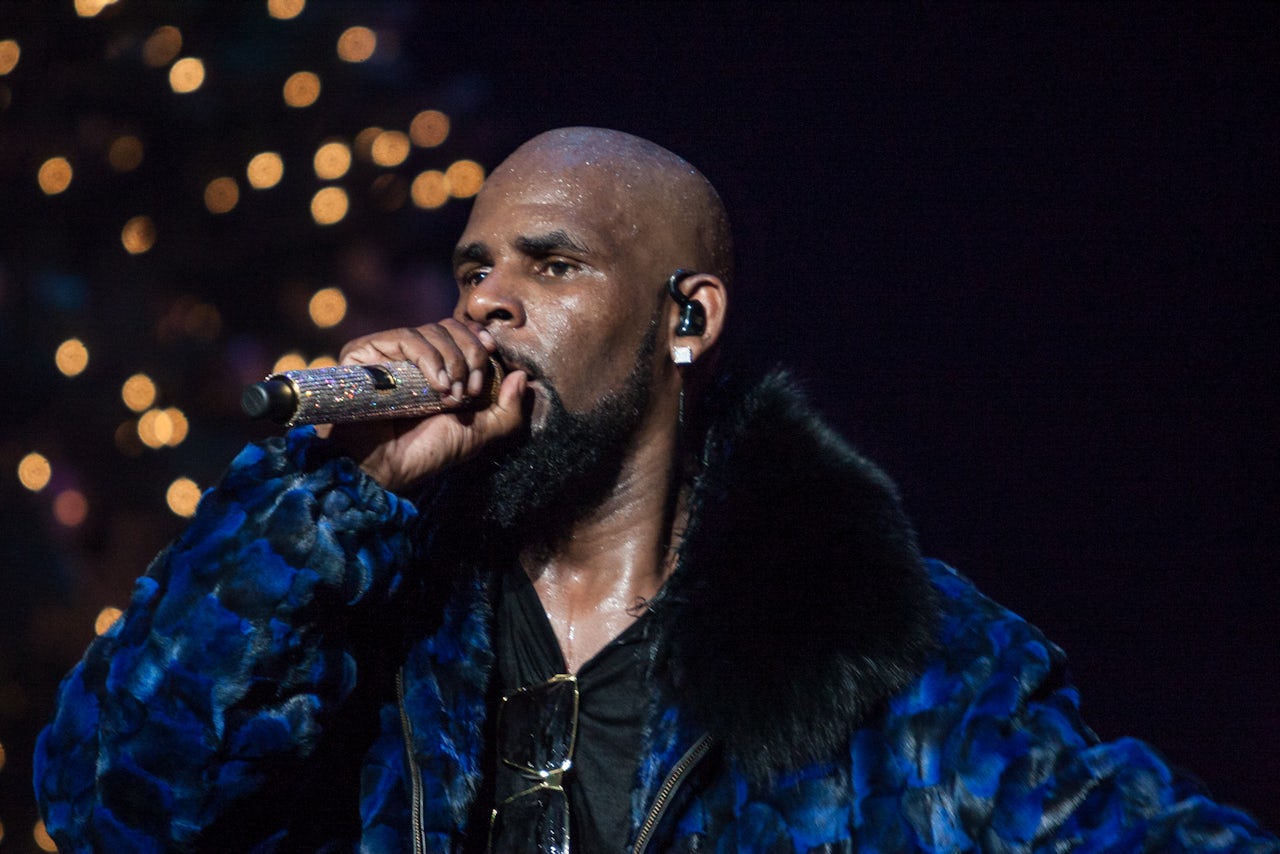“I Admit” is a new, 20-minute long song and partial confession released by R. Kelly, in which he addresses the decades of suspicion and accusation that he is a sexual abuser who targets young black women and girls. He attempts to explain himself, too: R. Kelly is illiterate, and also a survivor of childhood sexual abuse, and as he tells in the song, these two terrible circumstances have caused a lot of problems for him in his life. That, however, has little to do with why people dislike R. Kelly, and why he has to release this song in the first place — because after decades of alleged abuse without consequence, he’s no longer invincible.
The song is a bad song, period, but musical qualities aside, it’s meant only to reify R. Kelly’s warped world in which he is the victim of people out to ruin his career. On “I Admit,” R. Kelly laments his cancelled shows, his financial hardship, and his tainted legacy. He calls out some of his “haters” by name including John Legend, Tom Joyner, and Steve Harvey, saving several lines for journalist Jim DeRogatis, who has reported on abuse allegations against R. Kelly since 2000. He also directs ire at his friends and his home city Chicago for not supporting him enough, suggesting that he be lifted up as an inspiring icon for the city’s youth. From the song’s blame shifting to the pleas to recognize his victimhood and humanity to the specific references to people who have supposedly wronged him, “I Admit” looks a lot like an attempt at manipulation, a textbook abusive move.
#STLouis: Documented child molester & sexual abuser, @rkelly, is bringing his sex trafficking fundraiser to your city. Sign up at https://t.co/77qGA2Muae to see how you can stop it. Pls #REPOST this on your social media to support. #MuteRKelly#Rkellypic.twitter.com/78FcYGk6Vu
— MuteRKelly-Official (@OffMuteRKelly) July 19, 2018
Tellingly, the most apologetic R. Kelly gets on “I Admit” is when he confesses that he “fucked a nigga's bitch” and “fucked my girlfriends best friend,” followed by one of the only sincere apologies on the album. He’s sorry, specifically, for having sex with women who belonged to other people in some way. Not for videotaping himself urinating on a 14-year-old girl. Not for allegedly marrying Aaliyah when she was 15 and he was 27. On those points, he only offers “love” and “hush,” having been advised by his lawyers not to make statements on those subjects. His response to allegations that he is imprisoning and sexually abusing young women in his home is equally nonsensical: “What’s the definition of a cult? What’s the definition of a sex slave? Go to the dictionary, look it up. Let me know I’ll be here waiting.” (The only other sincere “I’m sorry” on the song is reserved for his children, whom he reveals he hasn’t seen “in years.”)
R. Kelly’s music career has crumbled. The #MuteRKelly campaign has steadily gained traction and visibility, and as a result, several of the singer’s concerts have been cancelled. In May, Spotify announced that it removed R. Kelly songs from its sponsored playlists under a new hate content and conduct policy. (The company later reversed that policy, though R. Kelly songs still don’t appear to be on any official playlists.) R. Kelly acknowledges all of these setbacks on “I Admit” and, for the first time, concedes they are hurting his wallet. Halfway through the track he sings “Now the truth in this message, is I’m a broke ass legend / The only reason I stay on tour, is ’cause I gotta pay my rent.”
The only thing he has left, as he admits on the song, is his voice and the straggling fanbase that continues to defend him no matter what he does. (Already, the comments on his Facebook page show wide support amongst his diehards.) What he posits as the uncalled for destruction of an icon sounds more to me like a testament to the power of grassroots organizing. Back in May, #MuteRKelly co-founder Kenyette Barnes told The Outline, “#MuteRKelly continues until his career is over.” If this song is any indication, that time is coming up soon.

